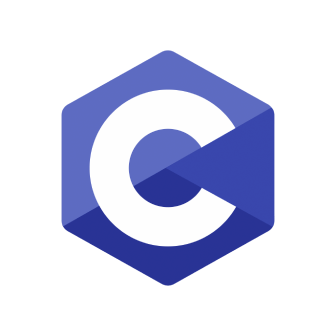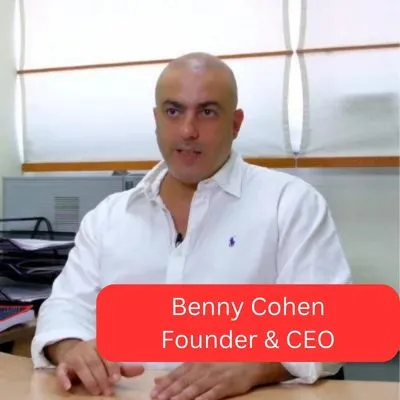
Yes, we start from the very basics of programming and gradually move to more complex topics.


C Course
Our C programming course is designed to provide a solid foundation in one of the most influential and enduring programming languages. C remains crucial in system programming, embedded systems, and as a basis for understanding more complex languages.
Key aspects of C and our course include:By completing this C course, you'll have the skills to work on low-level system programming, embedded systems, and gain a deeper understanding of computer architecture.
Ch. 1
An Overview of Structural Programming and C
Ch. 2
The development environment
Ch. 3
The main function and standard I/O
Ch. 4
Main's specification and body
Ch. 5
Preprocessing
Ch. 6
Compiling and Linking
Ch. 7
Declaring and initializing variables
Ch. 8
Integer and floating point data types
Ch. 9
Casting between data types
Ch. 10
Operators
Ch. 11
The if else Statements
Ch. 12
Logical Operators
Ch. 13
Conditional (Ternary) Operator
Ch. 14
Declaring and Defining Functions
Ch. 15
Variables scope LocalStaticGlobal
Ch. 16
Keywords and type qualifiers RegisterVolatileConst
Ch. 17
Using Functions as Parameters to Functions
Ch. 18
Overloading Functions
Ch. 19
Inline Functions
Ch. 20
Macros
Ch. 21
Recursion
Ch. 22
Interface Versus Implementation *.h *.c
Ch. 23
Pointer
Ch. 24
Array’s
Ch. 25
Dynamic Allocation
Ch. 26
Memory Leaks
Ch. 27
Structures
Ch. 28
Bit Wise Operation
Ch. 29
Linked lists
Ch. 30
Hash Tables
Ch. 31
Sorting Algorithms
Ch. 32
Binary Trees

Benny Cohen
Embedded Academy Founder and CEO
As a long-time veteran in the technology industry, Benny Cohen combines a deep passion for technology with extensive field experience. With a B.Sc. in Electronics Engineering and an M.Sc. in Communication Engineering, he has spent over 20 years developing software and hardware systems, including the last few years focusing on the cybersecurity industry. In addition to his role as the company founder & CEO, Benny also operates as a hands-on practitioner who specializes in penetration testing and has conducted significant security assessments for leading enterprises and security companies worldwide. His approachable teaching style and real-world expertise make learning both engaging and relevant.
Yes, we start from the very basics of programming and gradually move to more complex topics.
We'll use common text editors and command-line compilers, as well as introduce IDEs like Code::Blocks for a more integrated experience.
While C is an older language, we teach modern best practices in program structure, security, and efficiency.
C provides a strong foundation in programming concepts, memory management, and system interaction, which are valuable in learning other languages.
News, insights, and learning resources from Embedded Academy
